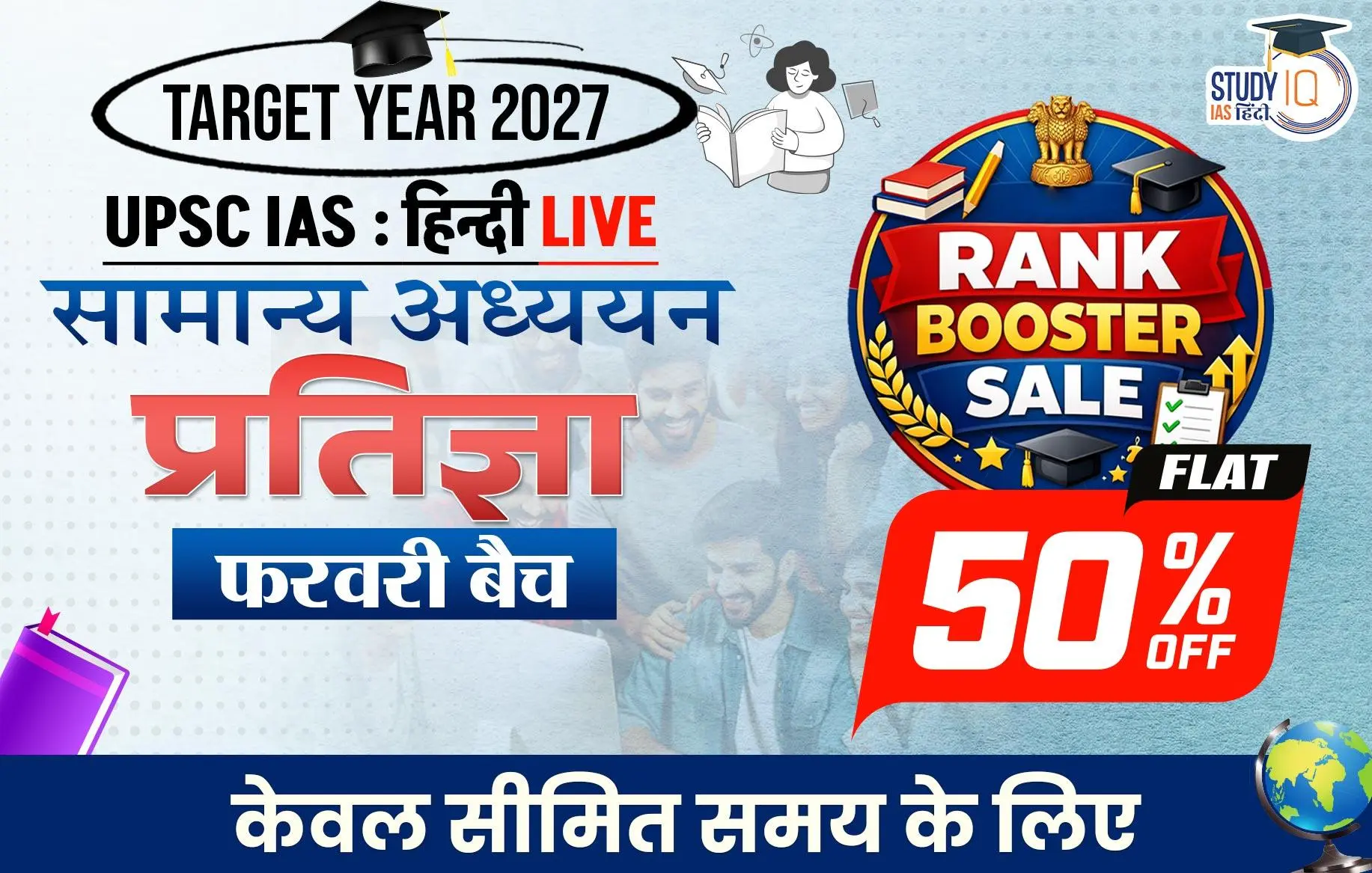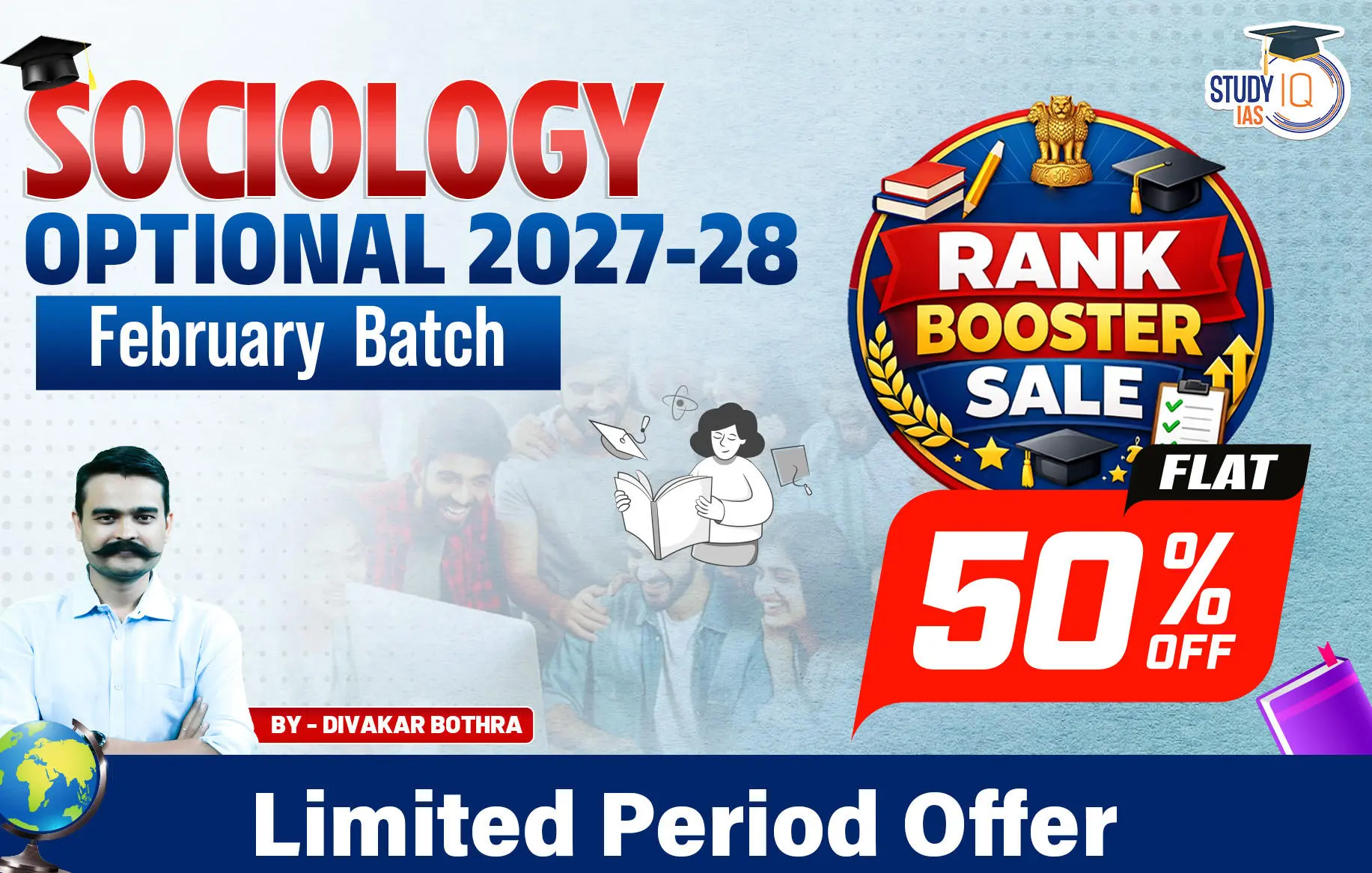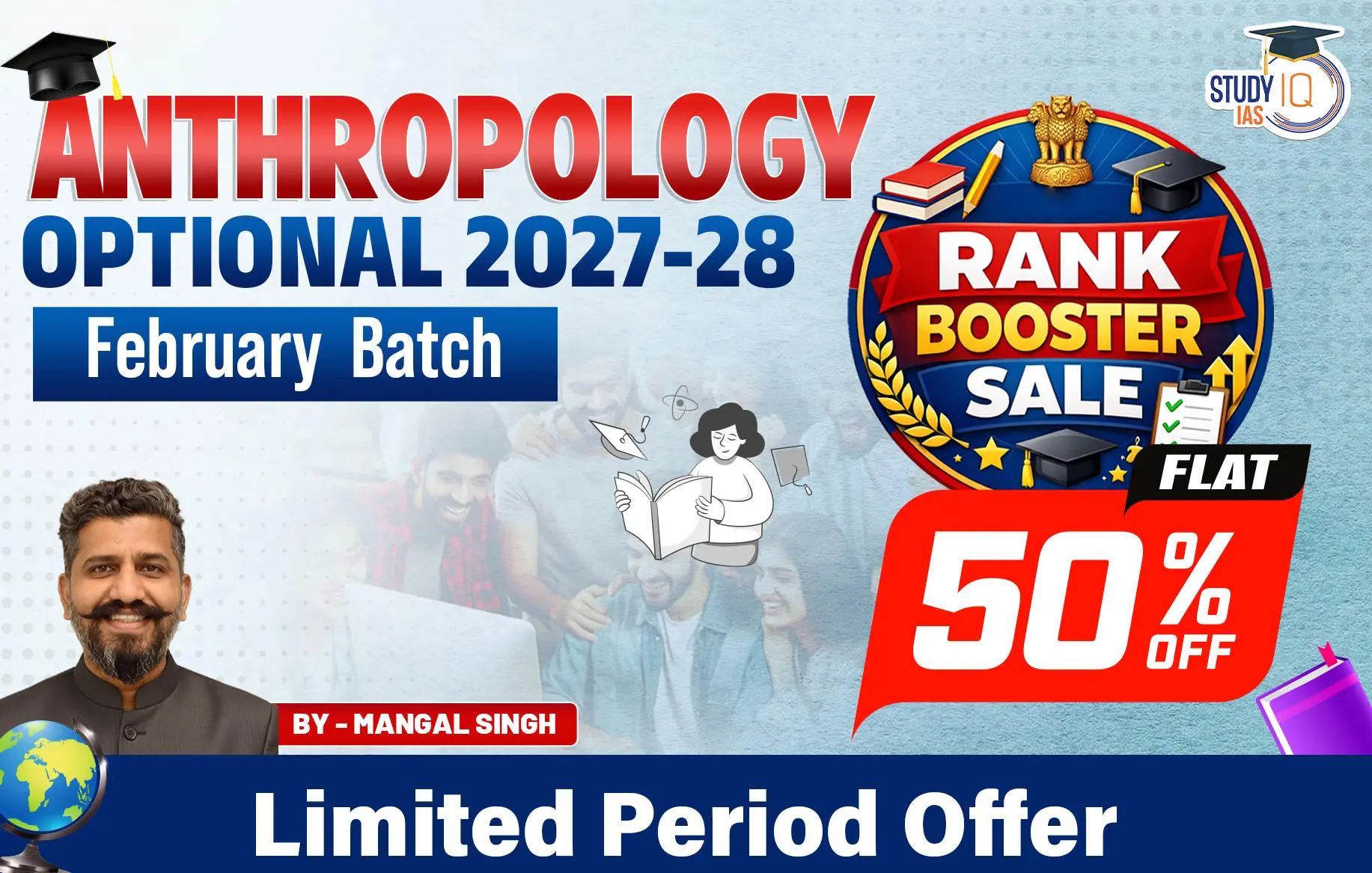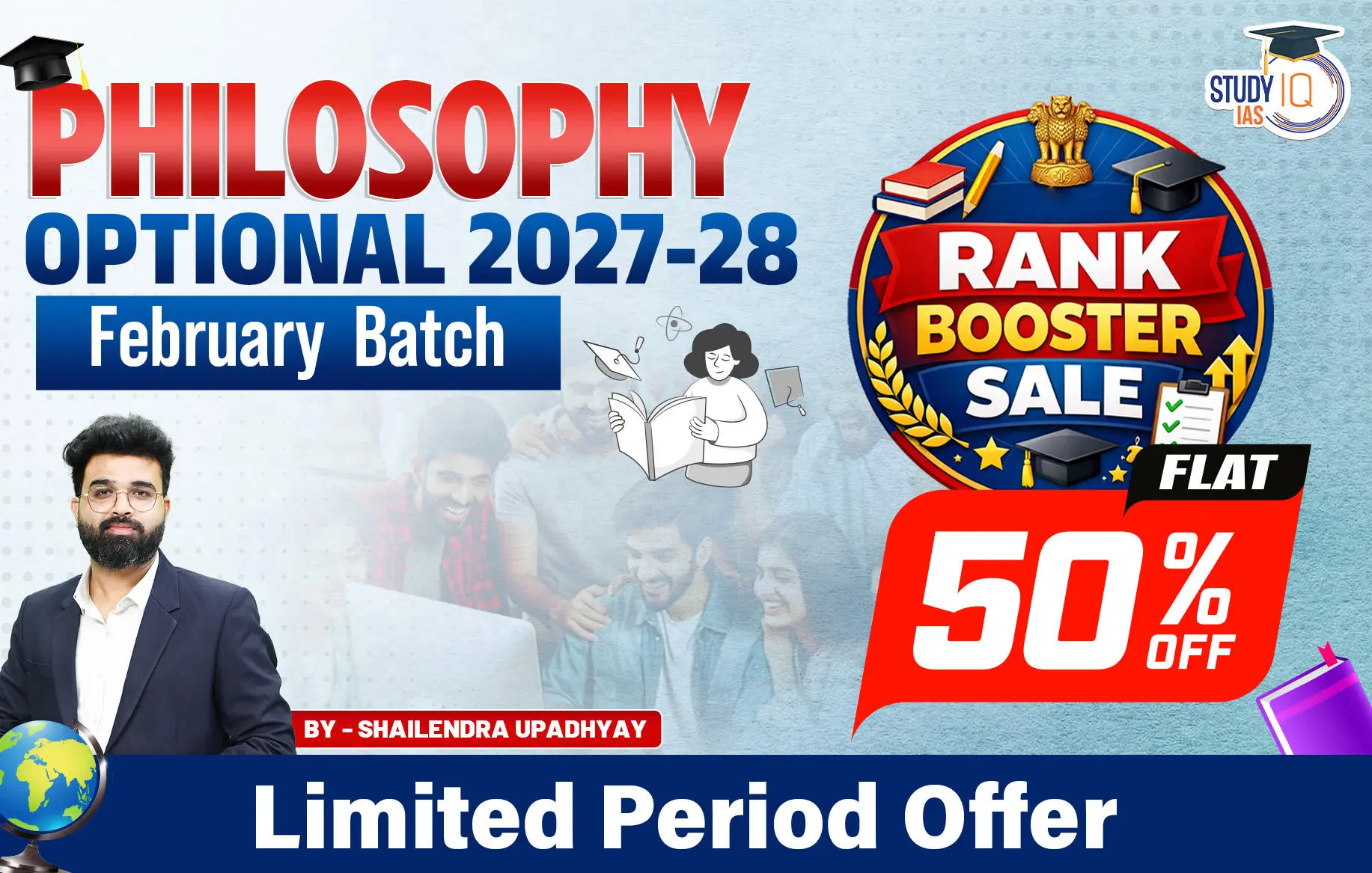Q11. Mahatma Gandhi National Rural Employment earlier known as National Guarantee Program, MGNREGA was Social Welfare Rural Employment Scheme, NREGA. It is an Indian in the Constitution. A program that aimed at fulfilling the ‘Right to Work’ provisions made by MGNREGA was launched in 2006 under the Rural Employment Sector by the Ministry of Rural Development.
The main objective of the program is to give legal guarantees of wage employment to the adult members of rural households who are willing to do unskilled manual labour work subject to a maximum of 100 days per year for every household. Every rural household has the right to register under the scheme, job cards issued to the registered Job Card holder can seek employment; the State Government shall pay 25% of minimum wage for the first 30 days as compensatory daily unemployment allowance to the families and of wage for the remaining period of the year. MGNREGA work was undertaken by various Gram Panchayats.
You have been appointed as an Administrator In charge of the District. You have been given the responsibility of monitoring MGNREGA work undertaken by various Gram Panchayats. You are also given the authority to give technical sanctions to all MGNREGA works. In one of the Panchayats in your jurisdiction, you notice that your predecessor has mismanaged the Program in terms of :
(i) Money not disbursed) to actual job-seekers.
(ii) Muster Rolls of the Labourers not properly maintained.
(iii) Mismatch between the work done and payments made.
(iv) Payments made to fictitious persons
(v) Job Cards were given without looking into the needs of the person.
(vi) Mismanagement of funds and to the extent of siphoning of funds.
(vii) Approved works that never existed.
(a) What is your reaction to the above situation and how do you restore the proper functioning of the MGNREGA Program in this regard?
(b) What actions would you initiate to solve the various issues listed above?
(c) How would you deal with the above situation?
| Approach: Introduce the case, emphasizing the ethical breaches in MGNREGA that undermine rural empowerment and constitutional rights. Structure the response in three sections: reaction and restoration, actions to solve specific issues, and comprehensive dealing strategies. Incorporate ethical frameworks like deontology (duty to uphold laws), utilitarianism (maximizing public welfare), and Rawlsian justice (prioritizing the marginalized). Conclude with a quote on ethical governance to restore trust and integrity in MGNREGA. |
As District Administrator, discovering MGNREGA mismanagement—fund non-disbursal, fake muster rolls, and siphoning—violates Article 21’s right to livelihood, eroding trust and welfare. This reflects deontological failure in duty and Rawlsian injustice to the poor.
Stakeholders
a) Reaction and restoration of MGNREGA functioning
Reaction:
- Express profound dismay at the systemic ethical failure, reflecting a deontological breach of duty to uphold MGNREGA’s legal mandate.
- This undermines utilitarian public welfare by depriving rural poor of rightful earnings and violates Rawlsian justice by exacerbating marginalization.
- The mismanagement erodes public trust, contradicting virtue ethics’ emphasis on integrity in governance.
Restoration Strategies:
- Transparent inquiry: Launch a vigilance-led investigation to uncover mismanagement, ensuring accountability aligns with deontological duty to enforce laws.
- Digitized systems: Implement digital muster rolls and DBT payments to enhance transparency, supporting utilitarian goals of efficient resource distribution.
- Beneficiary empowerment: Conduct awareness campaigns on rights, fostering Rawlsian fairness by empowering vulnerable households to claim entitlements.
- Community oversight: Strengthen Gram Sabha monitoring, promoting virtue ethics through collective responsibility and trust-building.
- Ethical training: Train officials on MGNREGA rules, reinforcing deontological commitment to ethical conduct and accountability.
b) Actions to solve specific issues
- Non-disbursal to job-seekers: Use Aadhaar-linked DBT to ensure direct, timely wage transfers, upholding utilitarian welfare and transparency.
- Poor muster roll maintenance: Adopt geo-tagged, app-based attendance systems to ensure accuracy, reflecting deontological adherence to procedural integrity.
- Mismatch in work and payments: Conduct community-led verifications to align payments with work, promoting Rawlsian fairness for laborers.
- Payments to fictitious persons: Cross-verify Job Cards with Aadhaar, ensuring accountability and preventing fraud per utilitarian public interest.
- Job Cards without need assessment: Revoke invalid cards through surveys, ensuring justice for genuine beneficiaries.
- Fund mismanagement/siphoning: Enforce rigorous audits to recover funds, aligning with deontological duty to protect public resources.
- Non-existent works: Use satellite imagery for verification, fostering transparency and accountability in project execution.
c) Dealing with the situation
- Crisis management: Convene meetings with Panchayat officials to devise corrective plans, emphasizing deontological duty to uphold MGNREGA’s mandate.
- Legal accountability: Initiate CBI inquiry against the predecessor under the Prevention of Corruption Act, ensuring justice and deterring malpractices.
- Systemic reforms: Integrate Aadhaar, DBT, and social audits to institutionalize transparency, aligning with utilitarian goals of public welfare.
- Community empowerment: Form local vigilance committees, promoting Rawlsian justice by involving marginalized groups in oversight.
- Ethical governance training: Educate officials on ethical principles and GFR, fostering virtue ethics to build a culture of integrity.
Restoring MGNREGA demands ethical reforms rooted in transparency and justice to empower rural poor. As Mahatma Gandhi said, “True swaraj is self-rule,” urging accountable governance for inclusive development.

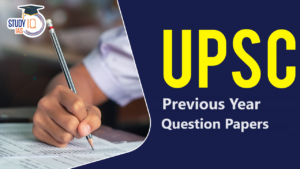 UPSC Previous Year Question Papers, Down...
UPSC Previous Year Question Papers, Down...
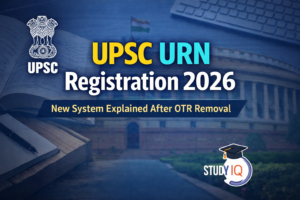 UPSC URN Registration 2026: New System E...
UPSC URN Registration 2026: New System E...
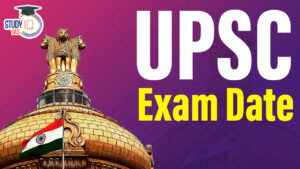 UPSC Prelims Exam Date 2026: Official Sc...
UPSC Prelims Exam Date 2026: Official Sc...


